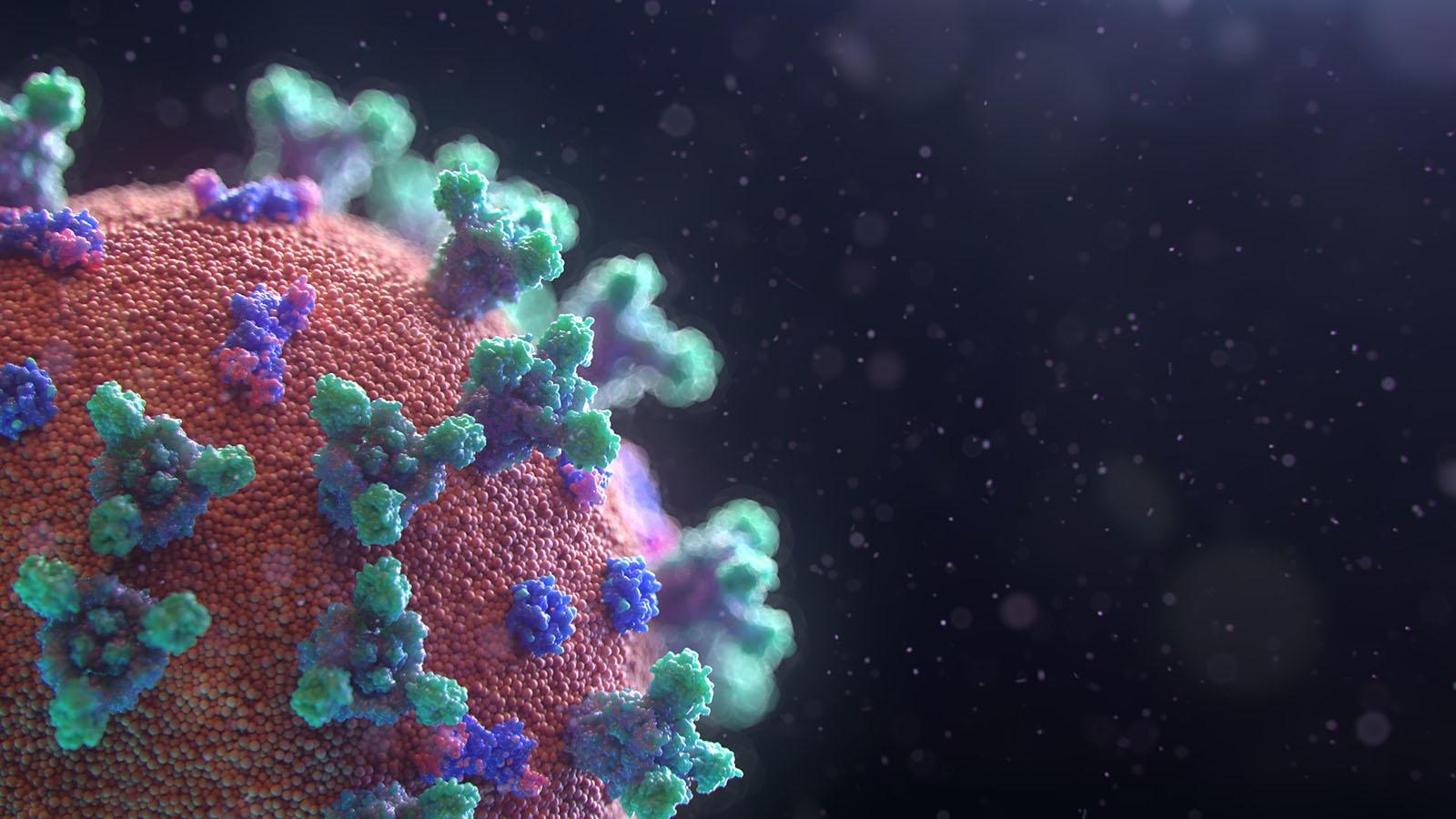EEOB 3194: Infectious Disease Ecology, Evolution, And Transmission
This course aims to enable undergraduate students to design and engage in real life pandemic research while informing them in the evolution, ecology, and transmission of infectious diseases. Topics include innate and adaptive immunity, host-pathogen evolution and phenotypic plasticity, host jump, and the role of social behavior, diet, habitat, geography, and life history in disease transmission in human and nonhuman animals.
The emergence of the global pandemic COVID-19 and other diseases that result from cross-species transmission remind us once more the need to understand wildlife ecology of infectious diseases, and the impact of environmental pressures on travel, migration, and global disease transmission. Moreover, the analysis and interpretation of pandemic data is essential to assess the immediate and long-term risks to human and non-human populations. Therefore, this course also teaches research methods and common statistical analyses in investigations of infectious diseases.

